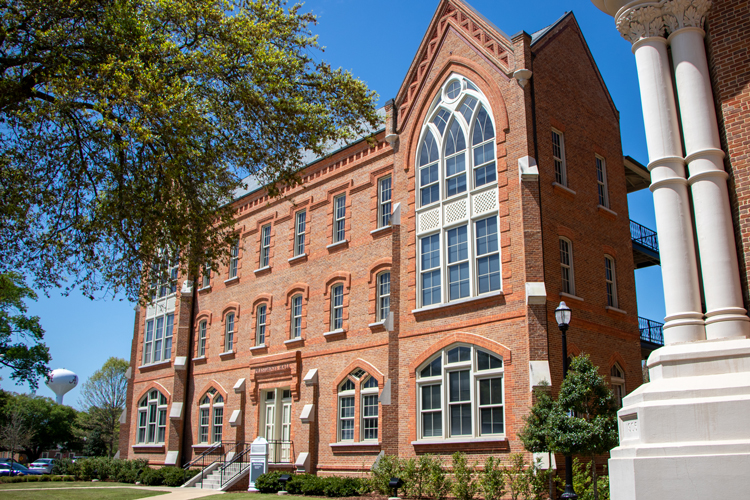Life After Graduation?
Like all areas in the humanities, there are a variety of career possibilities with the knowledge and skills gained in the academic study of religion.
Despite declaring a REL major due simply to one’s interest in, and curiosity for, the topics covered in our courses, students are advised to think ahead. Your senior year, and then graduation, often come sooner than you think.
For those who assume that one must be religious in order to study religions, or that the study of religions is intended to deepen one’s own faith, career opportunities are likely limited to entering various professional roles within religious institutions. With such an understanding of the field in mind, religious studies majors are sometimes also assumed to be preparing for careers in such fields as social work or conflict mediation. Some of our students are certainly interested in such futures.
But such a conception of the field is the subject of ongoing debate in the field, for many who study religion do so for entirely different reasons.
For those who understand the study of religion to be an aspect of the human sciences — part of the collective effort to study the many ways in which people build and contest identities and systems of value — do not necessarily see a link between the academic study of religion and personal faith development. Instead, such students see their major in REL as preparing them for any number of careers in which their nuanced ability to define, describe, compare, understand, and account for varying types of knowledge systems is seen as a benefit.
Although such REL majors can go on to graduate school, others enter any number of professional fields, such as law or journalism. A number of our grads have gone on to succeed in medical school, elementary and high school education, even working in businesses that have pretty much nothing to do with the study of religion — though, come to think of it, in all of these careers they report routinely using the skills learned and regularly in our classrooms:
- how to define things of importance and how to identify the interests that direct our focus
- how to listen carefully to people with differing viewpoints
- how to describe in detail and compare creatively
- how to analyze complex systems by breaking them down into more manageable sub-units
What Do You Do With a Major in Religious Studies?
Good question. Maybe these resources will get you thinking:
- Theses on Professionalization (see the accompanying job market links)
- UA Career Center
- Check out our Rearview Mirror and Get to Know REL video series to hear more grads talk about their experiences post-graduation.
Graduate Programs
Have you talked to your professors about their grad school experiences? Have you visited the websites for various departments offering an MA and PhD, to check out their degree requirements and their academic resources? Are these schools in regions in which you’d like to live for a few years (MA = 2 years; PhD = approx. 4–6 years)? Maybe you’re interested in our own MA degree?
Interested in going to another country for your studies? Do they offer programs/courses that suit your interests? Do they offer teaching assistantships and scholarships? Do they offer just an MA (making them “a terminal MA degree program”) or also a PhD? Are there advantages to attending a regional or terminal degree program for your MA and then applying to another school for your PhD? Are there professors nationally known? Do they work in areas that match your interests? Will you have to learn languages while there? Will you have to write a thesis?
- Directory of graduate schools for religious studies (and other fields that study religion, such as theology)
- Information on REL graduate school (Department of Religious Studies, California State University, Chico)
Preparing for Graduate School
Certain things must happen in order to apply for grad school (which usually happens in late fall or mid-winter) — sometimes they are pretty standard (such as taking the GRE and obtaining letters of reference) and sometimes they are highly specific to each school to which you apply (such as writing a personal statement of interest). If you’re thinking of a teaching and research career in the university, have you thought about what areas and specialties are currently in demand? Who is getting hired? What will it eventually take to be hired? Have you thought about a timetable for getting application materials together?
- A senior year timetable for grad school applications
- Graduate Records Examination (GRE)
- Law School Admissions Test (LSAT)
Visit our Vimeo page to learn more about what some REL grads have done with their degrees.
Questions?
If you are interested in applying to graduate school, please talk with one of our professors early in your undergraduate training. You may also contact our graduate director, Prof. Vaia Touna, for information about our MA in religion in culture.
